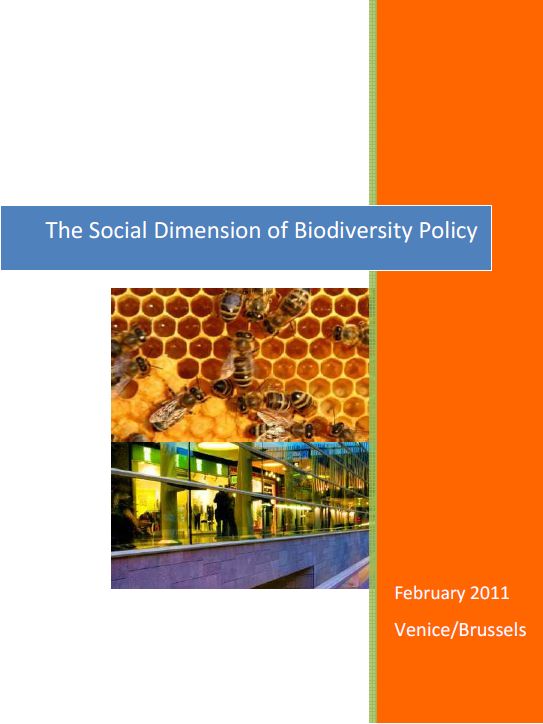The objective of this project was to characterize the impacts biodiversity loss has or on vulnerable groups in Europe and the developing world and, more specifically, on jobs depending on the use of natural resources from healthy ecosystems. The project used the Millennium Ecosystem Assessment (MEA) framework to describe the link between biodiversity and the provision of ecosystem services in order to generate an understanding of the welfare people attain from such services. The study is available for download.
Biodiversity underpins the provision of ecosystem services that all people ultimately depend on, , rich and poor alike. For this reason, a target of halting biodiversity loss until 2010 at the global, regional and national level has been promoted by the Convention on Biological Diversity (CBD). The recent Conference of the Parties (COP) of CBD in Nagoya (Japan) in October 2010 acknowledged that this target has been missed and that more effort is needed to preserve biodiversity worldwide.
Many case studies from all over the world but most importantly from developing countries show that there is a strong linkage between further degradation of ecosystems and diminishing welfare of local people. In this context, biodiversity has strong role to play in achieving the Millennium Development Goals (MDGs), especially in alleviating poverty, enhancing social structures and creating jobs.
Also the EU failed the 2010 target, despite a Biodiversity Action Plan put in place in 2006 to accelerate progress in conservation. Based on the experience gathered with the current policy, it is increasingly recognized, that for higher effectiveness of biodiversity policies the social backgrounds of the people directly and indirectly affected have to be considered to a higher extent.
Therefore, the scope of the study The Social Dimension of Biodiversity Policy is to make a progressive contribution to a better understanding of the social aspects of biodiversity as well as of the disproportionate risk of biodiversity loss to certain groups of people across countries in different world regions.
The Ecologic Institute contributed to the first part of the project and led the third on the development of policy guidelines.
The report of the project [pdf, 6.2 MB, English] is available for download.




